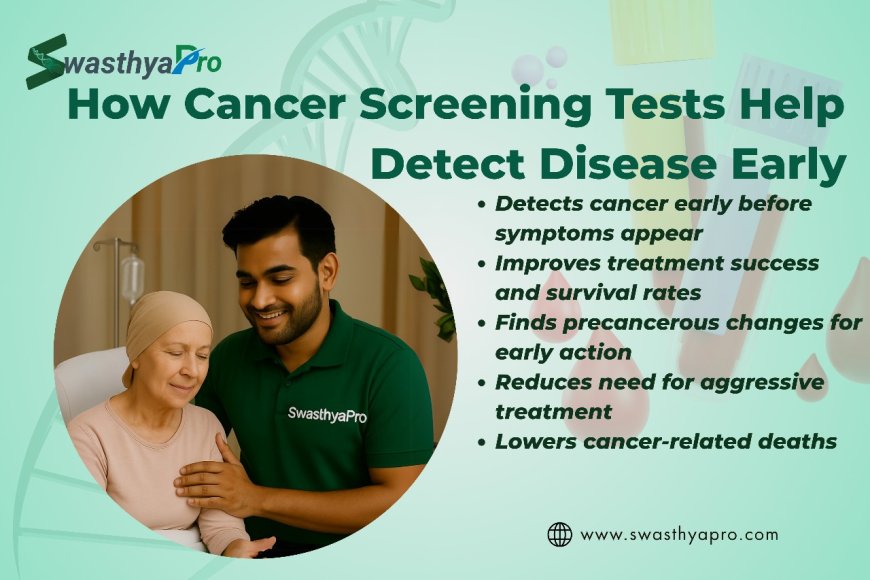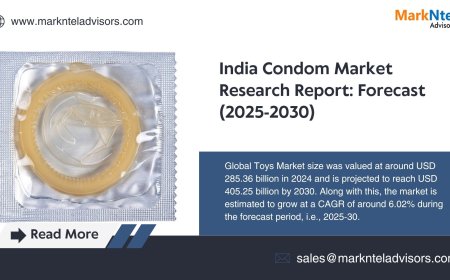The Role of Lifestyle in Deciding Your Cancer Screening Test Schedule

When it comes to cancer, its not just your genes that matter its your lifestyle. What you eat, how you move, what you inhale, how much you sleep, and even the amount of stress you carry all influence your cancer risk. This means your cancer screening test schedule shouldnt be based on age alone it must be tailored to how you live.
In this article, well explore how your daily habits and lifestyle choices affect when and how often you should take a cancer screening test, and why customizing your screening timeline is essential for early detection and prevention.
Why Lifestyle Influences Screening Needs
Most medical guidelines offer average-risk timelines for each cancer screening test. But average is a statistical middle not a reflection of your personal reality.
You may need earlier, more frequent, or different types of cancer screening tests if your lifestyle puts you at higher risk.
Some factors that increase cancer risk include:
-
Smoking or tobacco use
-
Heavy alcohol consumption
-
Sedentary lifestyle
-
Obesity
-
Poor diet
-
Chronic stress
-
Exposure to pollution, chemicals, or radiation
-
History of unprotected sex or HPV infection
Lets break down how these behaviors affect your cancer screening test schedule.
1. Smoking & Lung Cancer Screening
Lifestyle Factor: Regular or past smoking
Recommended Test:
-
Low-dose CT scan for lung cancer
Impact:
If you are aged 5080 and have a 20-pack-year smoking history (1 pack a day for 20 years, or 2 packs a day for 10), you should get this cancer screening test annually, even if youve quit recently.
Why it matters:
Smoking is the leading cause of lung cancer. Catching it early with a scan improves survival dramatically.
2. Alcohol Use & Liver, Oral, and Esophageal Cancer
Lifestyle Factor: Heavy alcohol consumption (more than 2 drinks/day)
Recommended Tests:
-
Liver function tests and ultrasound for liver cancer
-
Oral cancer screening during dental exams
-
Endoscopy for esophageal changes (if symptomatic)
Impact:
Chronic alcohol intake damages cells in the mouth, throat, liver, and digestive tract. This means more frequent cancer screening tests may be necessary if you drink heavily or have done so in the past.
3. Sedentary Life & Obesity
Lifestyle Factor: Lack of physical activity and excess weight
Recommended Tests:
-
Colonoscopy
-
Mammogram (for women)
-
PSA test (for men)
Impact:
Obesity is linked to higher rates of colorectal, breast, pancreatic, and kidney cancers. If your lifestyle includes little movement and poor diet, you may need to start cancer screening tests earlier than the standard age.
4. Diet: Processed Foods, Low Fiber, and Sugar Intake
Lifestyle Factor: High intake of red meat, processed food, sugar, and low fiber
Recommended Tests:
-
Colonoscopy for colorectal cancer
-
Stool-based tests (FIT, FOBT) yearly
Impact:
Diets low in fiber and high in red or processed meat increase colon cancer risk. A personalized cancer screening test plan can help detect polyps before they turn cancerous.
5. Sexual History & HPV Risk
Lifestyle Factor: Multiple sexual partners or unprotected sex
Recommended Tests:
-
HPV test
-
Pap smear
-
Oral cancer screening
Impact:
HPV is a leading cause of cervical, anal, and some throat cancers. If sexually active with multiple partners, cancer screening tests should begin early and occur more frequently.
6. Stress and Sleep Deprivation
Lifestyle Factor: Chronic stress and poor sleep quality
Recommended Tests:
-
Routine physicals including bloodwork
-
Hormonal screening if applicable
-
Colonoscopy or mammogram earlier if compounded by other risk factors
Impact:
Though indirect, chronic stress weakens the immune system, which may enable cancerous cells to grow unchecked. While not a direct trigger for a cancer screening test, it amplifies existing risks.
7. Occupational or Environmental Exposure
Lifestyle Factor: Exposure to asbestos, radiation, pesticides, or chemicals
Recommended Tests:
-
Chest X-rays or low-dose CT (for mesothelioma and lung cancer)
-
Skin cancer screening
-
Blood and urine tests based on exposure
Impact:
People working in factories, construction, or agriculture may require customized cancer screening test schedules based on long-term exposure risks.
Final Thoughts
Your lifestyle is your blueprint and your cancer screening test schedule should be built around it.
? Dont rely solely on age-based screening charts
? Talk to your doctor about your habits and history
? Start early if your lifestyle demands it
? Stay consistent even when nothing feels wrong
Because a healthy life isn't about perfect habits its about smart, informed decisions. And a cancer screening test, when aligned with your lifestyle, is one of the most powerful tools in your arsenal.

































